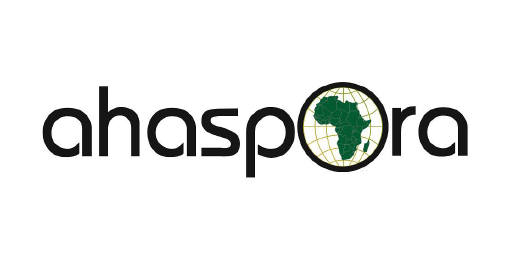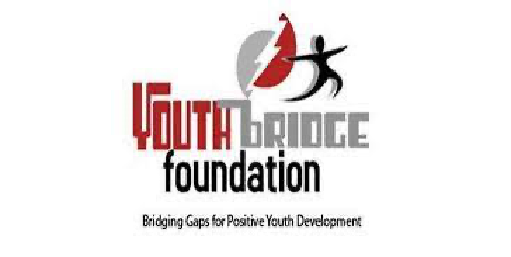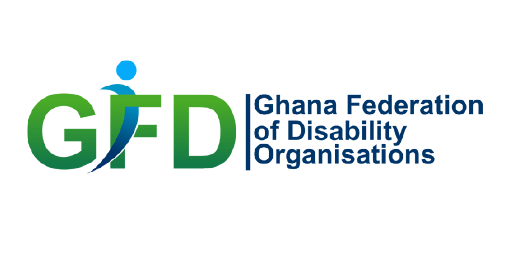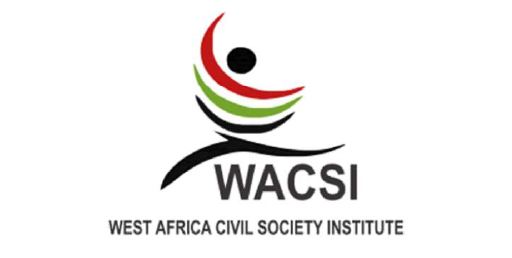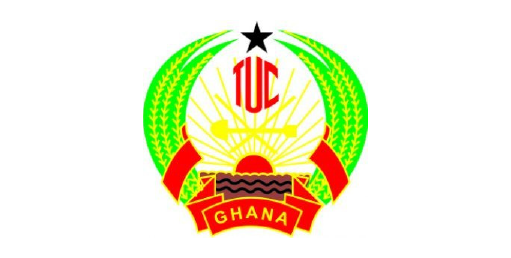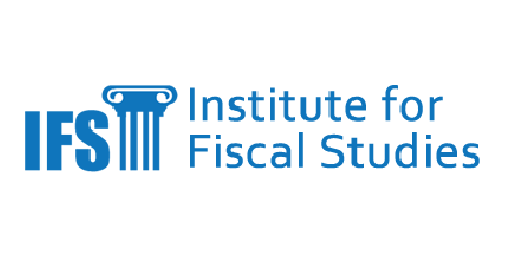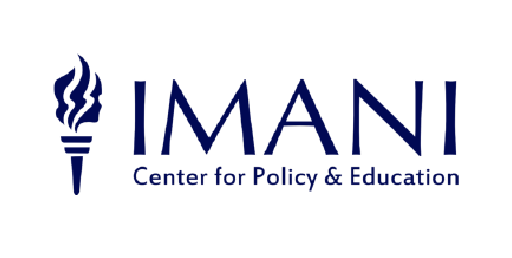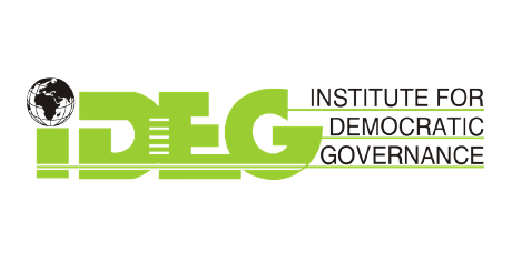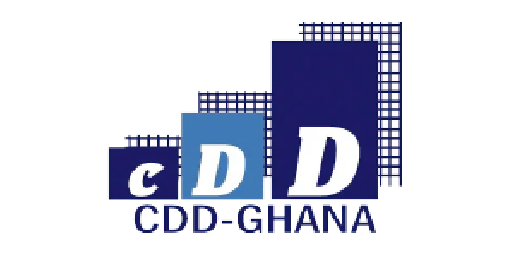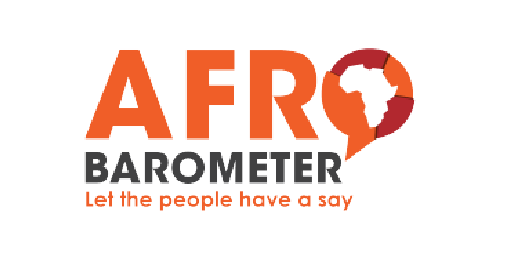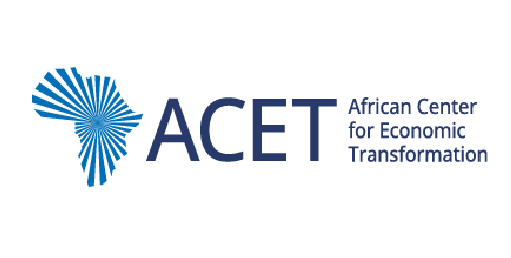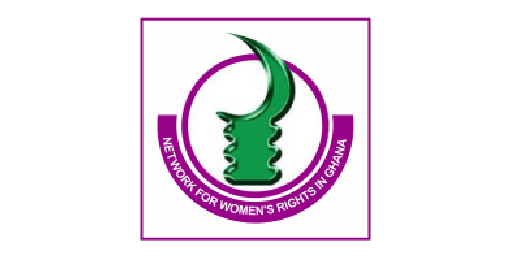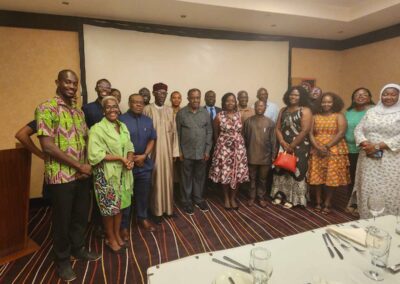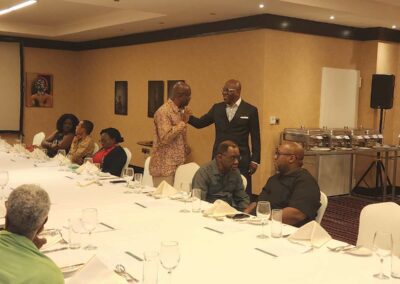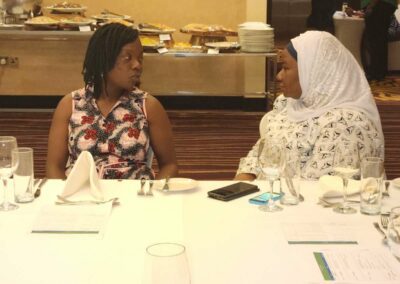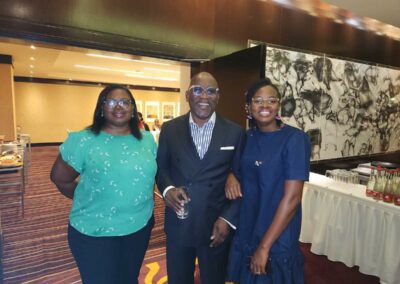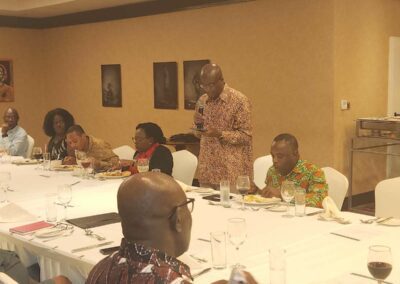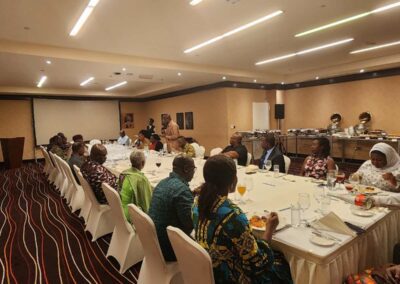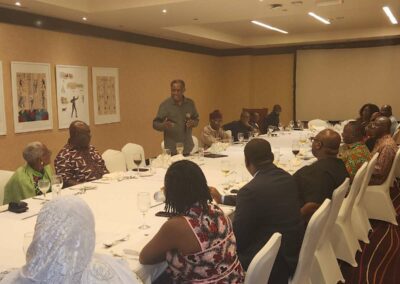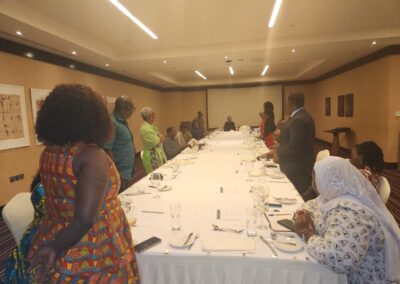The Ghana Compact
The Compact for Ghana aims to define the future we want

Countrymen, the task ahead is great indeed, and heavy is the responsibility; and yet it is a noble and glorious challenge – a challenge which calls for the courage to dream, the courage to believe, the courage to dare, the courage to do, the courage to envision, the courage to fight, the courage to work, the courage to achieve – to achieve the highest excellencies and the fullest greatness of man. Dare we ask for more in life?
— Kwame Nkrumah
Why Ghana needs a Compact for Political and Economic Transformation
Ghana remains a leader in African stability and governance with the Freedom in the World 2021 report identifying the country as the best example of civil liberties and democracy on the continent. However, Ghana still faces political, social, and economic challenges despite spurts of progress over the years. Its frequent resorts to IMF bailouts- seventeenth times over the past three decades -has led The Economist to recently characterize Ghana as the African country that manages to turn success into failure. As we approach the 2nd half of the 21st century, it is imperative that we correct course and turn our fortunes around.
What is the Compact?
Formulated by Dr. K.Y. Amoako – Founder and President of the African Center for Economic Transformation (ACET) – in collaboration with seven prominent policy institutes, the Compact for Political and Economic Transformation is an initiative focused on setting a vision for our nation, outlining collectively agreed solutions for the country’s biggest challenges, and identifying targets for tracking progress towards the agreed vision.
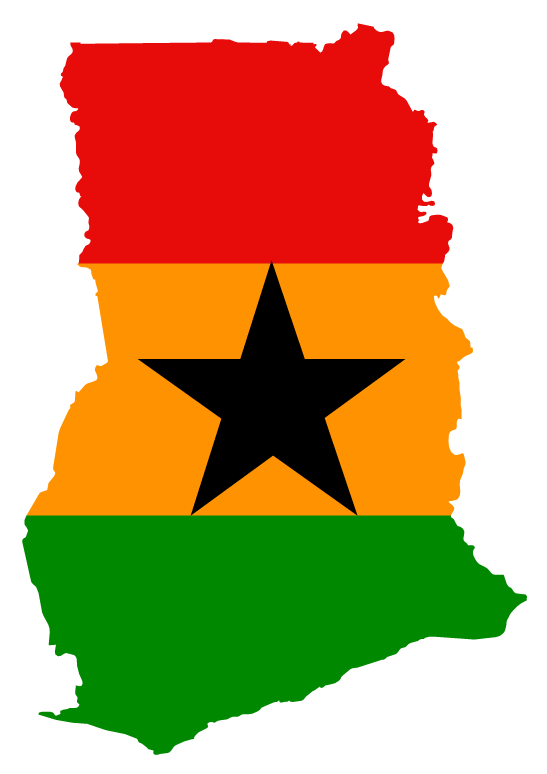
K.Y. Amoako’s K.B. Amissah-Arthur Economic Forum Keynote Address
Dr. K.Y. Amoako delivered the Keynote address at the K.B. Amissah-Arthur Economic Forum at the Department of Economics, University of Ghana on June 30, 2023.
Latest Compact Event
JUL
14
Compact Update Dinner
ACET hosted Compact partners to a dinner to bring them up to speed on the Compact’s progress, to discuss fundraising strategies as well as the proposed Ghana 2050 Campaign intended to ramp up awareness of and engagement with the Compact. The discussions generated good ideas and feedback that will help shape the Compact going forward.
Latest Compact Op-eds
On Saving a Nation
The story is told of a man who traveled from a developing country to a more economically advanced one in search of a better life.
Wake Up, Ghana. Act Now on Gender Equality.
Though Ghana is regarded as a beacon of democracy in Africa, the country’s record on gender equality is less enviable; it is best described as hesitant, sluggish, and comparatively abysmal.
Creating the Ghana We Want: a call to action for all Ghanaians
We have reached a tipping point and cannot continue along this path if we are to survive as a nation.
What is your Ghanaian dream?
Ghana has many reasons to be proud, but we are yet to achieve our full potential. As we celebrated our 66th year of independence, we asked Ghanaians to share what their dream for Ghana is. Here’s what you had to say.
Caleb Kudah
Broadcast journalist, Citi TV
Dzifa Bampoh
Communications Practitioner
Isaac Quartson
Economist, PFM TAX Africa Network
Doris Nana Kessie
Founder, Doress Skills Development Center
Gifty Volimkarime Kuug
Youth Activist
Vera Addo
Youth Advisor, Oxfam
Compact Targets and Goals
Consistent with the UN Sustainable Development Goals and Ghana’s commitment under the AU’s Agenda 2063, the Compact is setting six key goals and targets for building a prosperous and equitable society.
Ensure that the Constitution serves Ghana better.
Formulate a long-term vision and strategy for economic transformation.
Create macroeconomic and fiscal stability for sustained growth.
Enable the private sector to drive economic transformation.
Empower women as a moral and economic imperative.
Build a secure future for our youth.
Ghana Compact Roadmap
Key milestones and targets of the Ghana Compact
Origins of the Compact
The African Center for Economic Transformation (ACET) was founded to help African governments and the private sector deliver economic transformation that improves lives.
Technical Papers
To start the process towards the Compact, seven of the leading Ghanaian policy institutes joined with ACET in preparing eight technical papers on Ghana’s political and economic transformation.
Peduase Retreat
To review and comment on drafts of the technical papers prepared by the policy institutes and to deliberate on the way forward, a retreat was held at the Peduase Valley Resort in July 2022.
Technical Consultations
Based on the eight technical papers developed by Ghanaian policy institutes, consultations and engagements have been conducted with a broad range of experts, policymakers, and citizens to reach a consensus on recommendations.
Launch of the Compact process
The Ghana Compact was formally launched on 6th December 2022. With coverage from all major media houses, the event shared with the citizenry the need for the Compact and the issues, goals and targets set out in the technical papers.
National Consultations
Led by civil society organizations, community and district levels consultations will be held to obtain citizens' views on the goals and targets set forth in the technical papers.
National Convention
The National Convention will be held in June 2023, bringing together people representing all layers of Ghanaian society – including political parties, youth, women, traditional and religious leaders, private sector representatives, organized labor, and disabled persons.
Implementing the Compact
The Compact will continue to inform the policy plans for governments starting in 2025. Several indicators will help track the Compact’s progress.
Ghana Compact
on Twitter
Ghana Compact Partners
The Compact Leadership Group
The Ghana Compact Leadership Group has been set up to frame the values and visions that will be the foundation for crafting Ghana’s economic and political transformation.
Partner Policy Institutes
Seven prominent policy institutes in Ghana have joined forces with the African Center for Economic Transformation (ACET), in developing The Compact for Political and Economic Transformation.
Partner Civil Society Organizations
In partnership with ACET, select civil society organizations will drive a broad national consultation and citizen engagement process.
